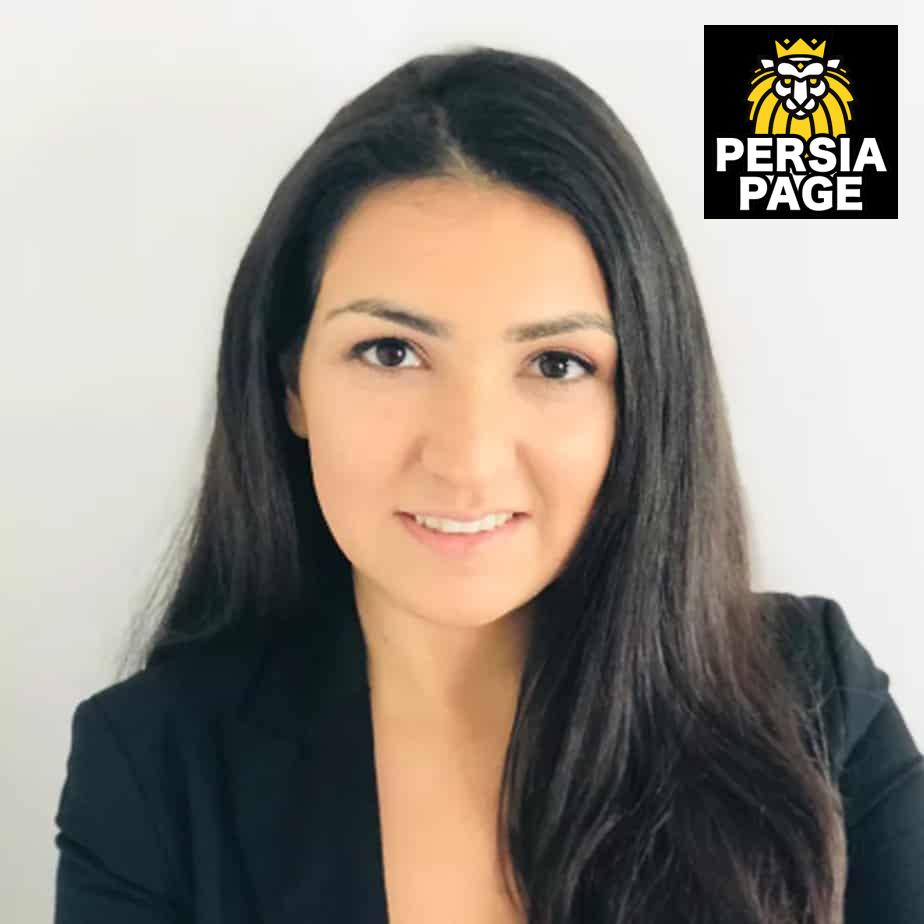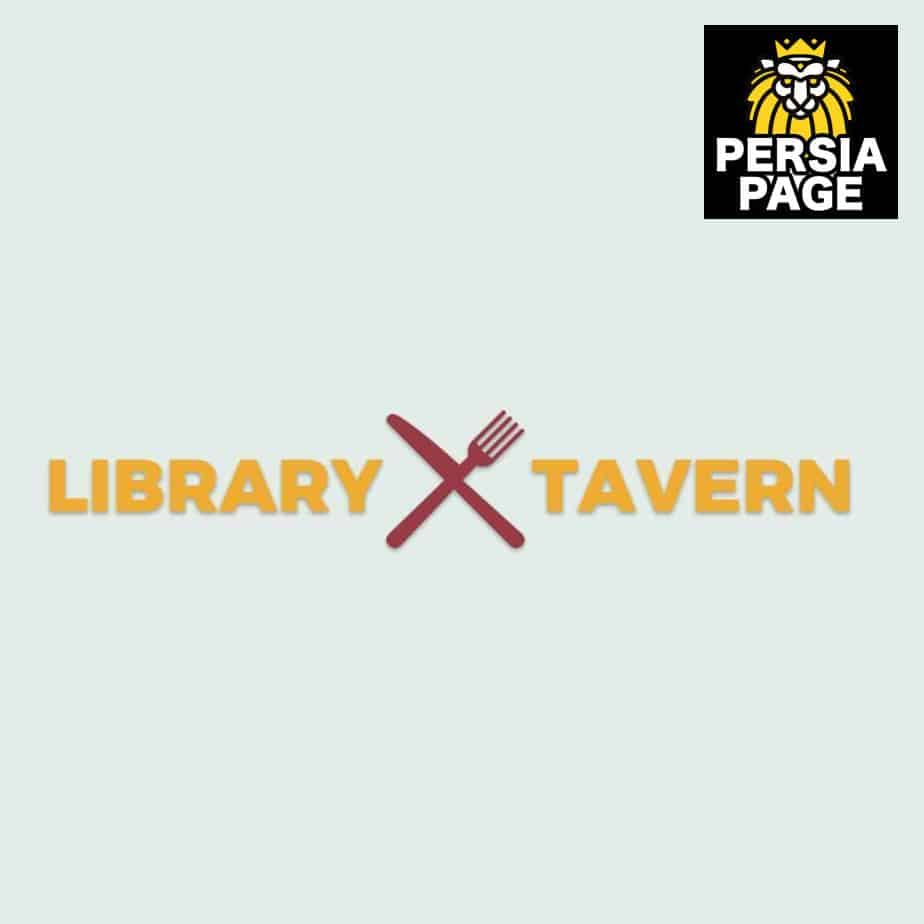
Roshan Institute for Persian Studies
Roshan Institute for Persian Studies
Roshan Institute for Persian Studies
News, events & interdisciplinary elan from the School of Languages, Literatures & Cultures at the University of Maryland
Fatemeh Keshavarz, born and raised in the city of Shiraz, completed her studies in Shiraz University, and the University of London. She taught at Washington University in St. Louis for over twenty years where she chaired the Dept. of Asian and Near Eastern Languages and Literatures from 2004 to 2011. In 2012, Keshavarz joined the University of Maryland as Roshan Institute Chair in Persian Studies, and Director of Roshan Institute for Persian Studies.
Keshavarz is author of award-winning books including Reading Mystical Lyric: The Case of Jalal al-Din Rumi (USC Press,1998), Recite in the Name of the Red Rose (USC Press, 2006) and a book of literary analysis and social commentary titled Jasmine and Stars: Reading more than Lolita in Tehran (UNC Press, 2007).
She has also published other books and numerous journal articles. Keshavarz is a published poet in Persian and English and an activist for peace and justice. She was invited to speak at the UN General Assembly on the significance of cultural education. Her NPR show The ecstatic faith of Rumi brought her the Peabody Award in 2008. In the same year, she received the Herschel Walker Peace and Justice Award.
Toward this end, Roshan Institute for Persian Studies seeks to:
Provide outstanding course offerings and programs in Persian language, literature, history, and culture.
Foster communication and community ties among people of Persian heritage and those interested in Persian cultural heritage. Serve as a model for encouraging intercultural communication among people of varying backgrounds.
This is the official Facebook Page for Roshan Institute of Persian Studies! Established in fall 2004, the Institute aspires to be the premier centre for the study and appreciation of Persian culture in the United States.?Founding date? Fall 2004
The School of Languages, Literatures, and Cultures seeks to investigate and engage with the linguistic, cultural, cinematic, and literary worlds of speakers of Arabic, Chinese, French, German, Hebrew, Italian, Japanese, Korean, Persian, Portuguese, Russian, and Spanish, as well as questions surrounding language learning itself.
Its 15 units are organized into 6 Departments (East Asian Languages and Cultures; French and Italian; Germanic Studies; Middle Eastern Studies; Russian; Spanish and Portuguese) and three independent programs (Central European, Russian, and Eurasian Studies; Film Studies; and Second Language Acquisition); 2 Centers (the Center for East Asian Studies; the Roshan Institute for Persian Studies); the Language House Living-Learning Program, and the Summer Institute.
Approximately 1,000 BA/minor/graduate students and 100 faculty, TAs, and staff are engaged in this broad range of inquiry, individuals who themselves represent languages and cultures from across the globe. New books, new programs, new courses, new pedagogical delivery methods, new education abroad programs, new outreach initiatives, publications, talks, film screenings, colloquia, international collaborations
we are, in this diverse ensemble of activity, united in our commitment to preparing students, undergraduate and graduate alike, to become knowledgeable, active, critically flexible, and intellectually vibrant citizens in an increasingly interconnected world and to furthering knowledge and debate about the languages, literature, and cultures of which it is made.





